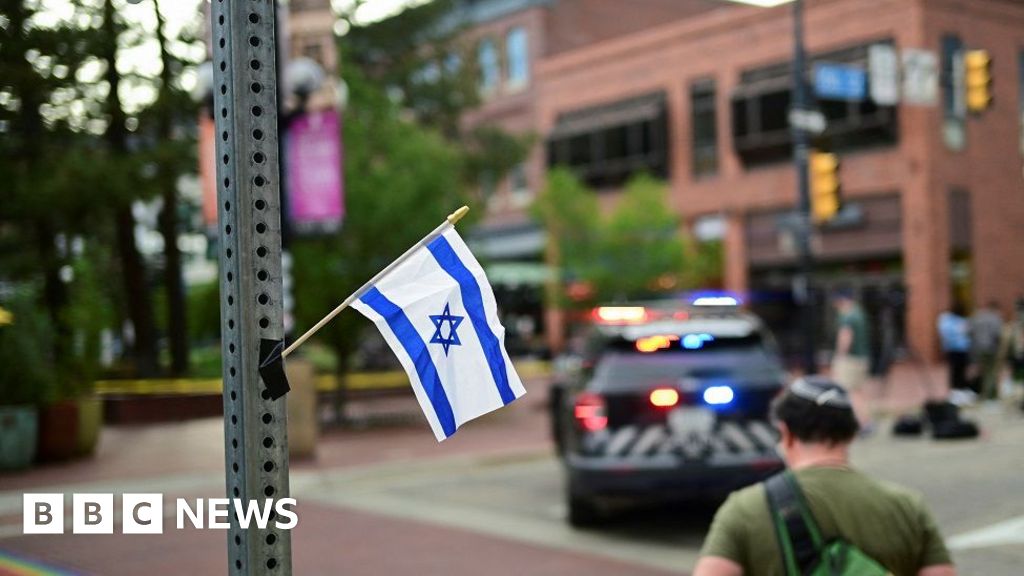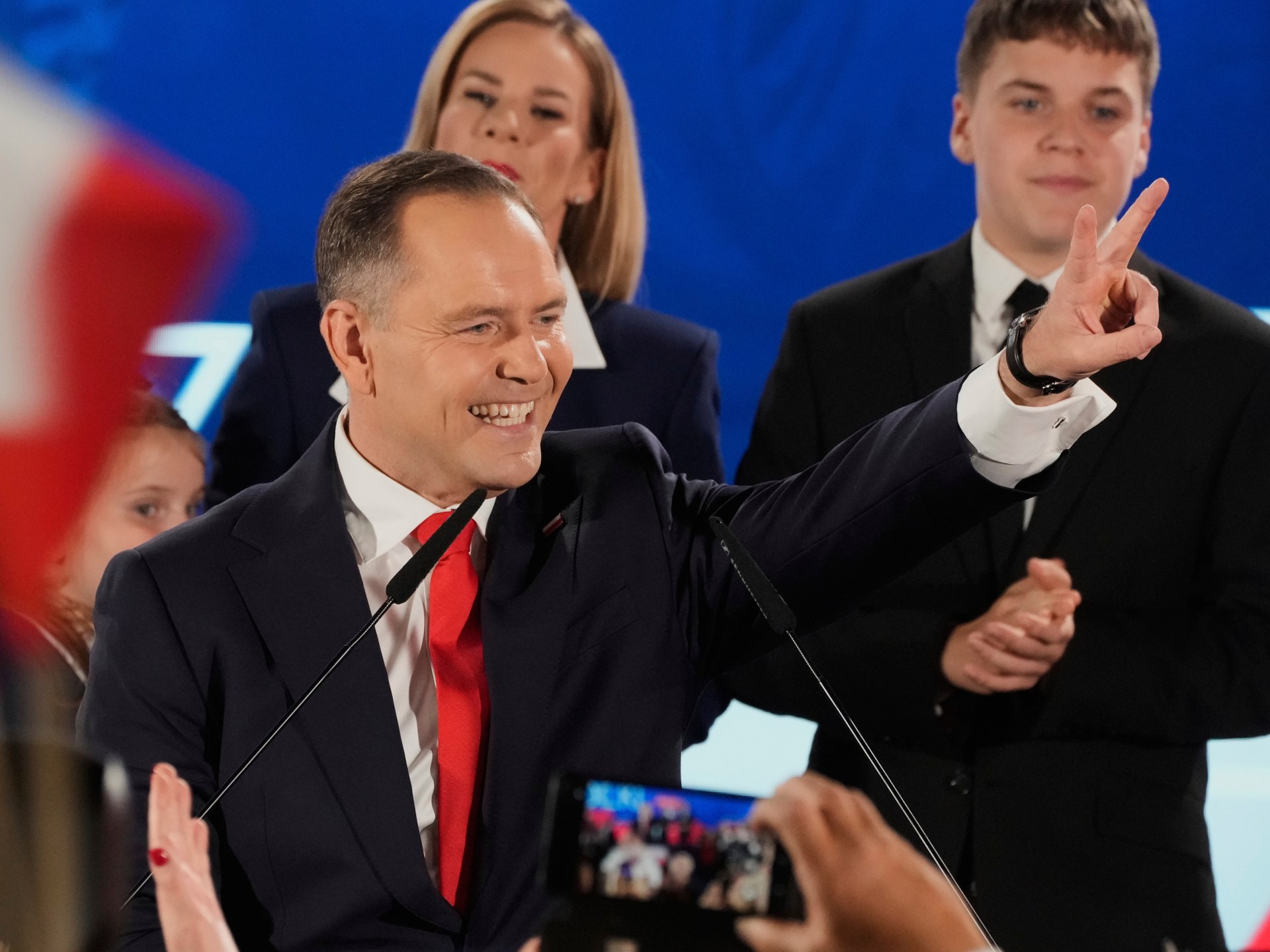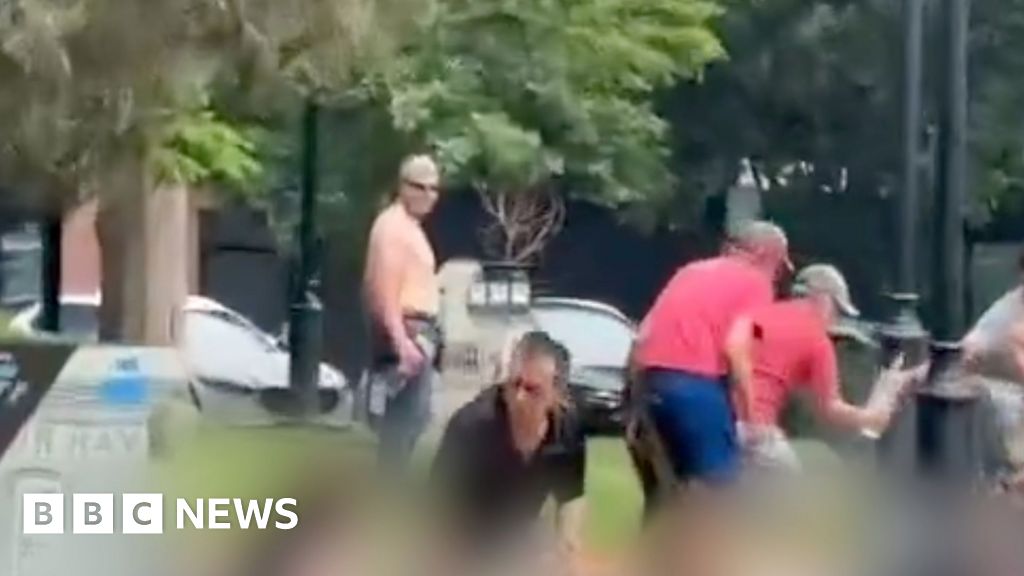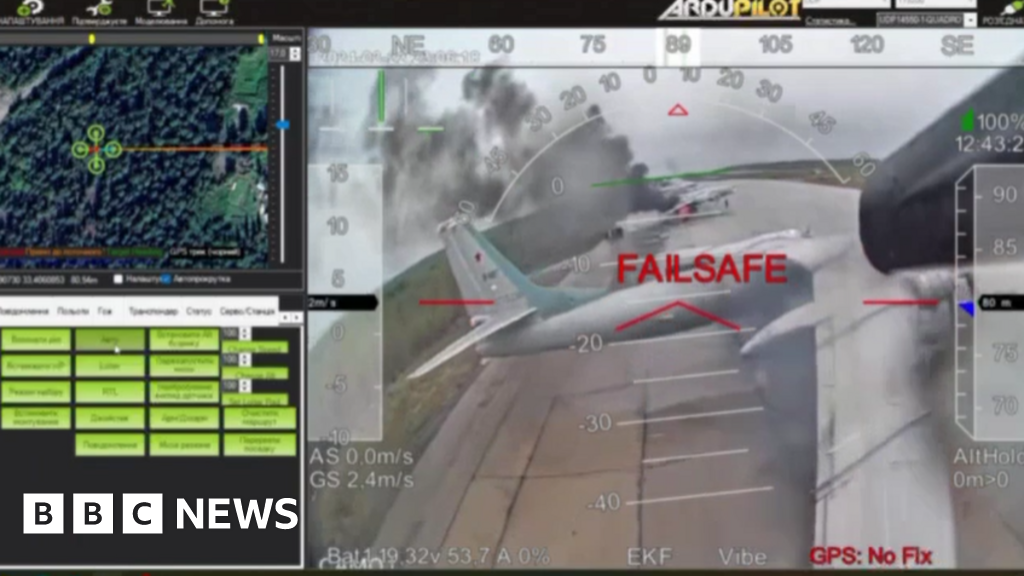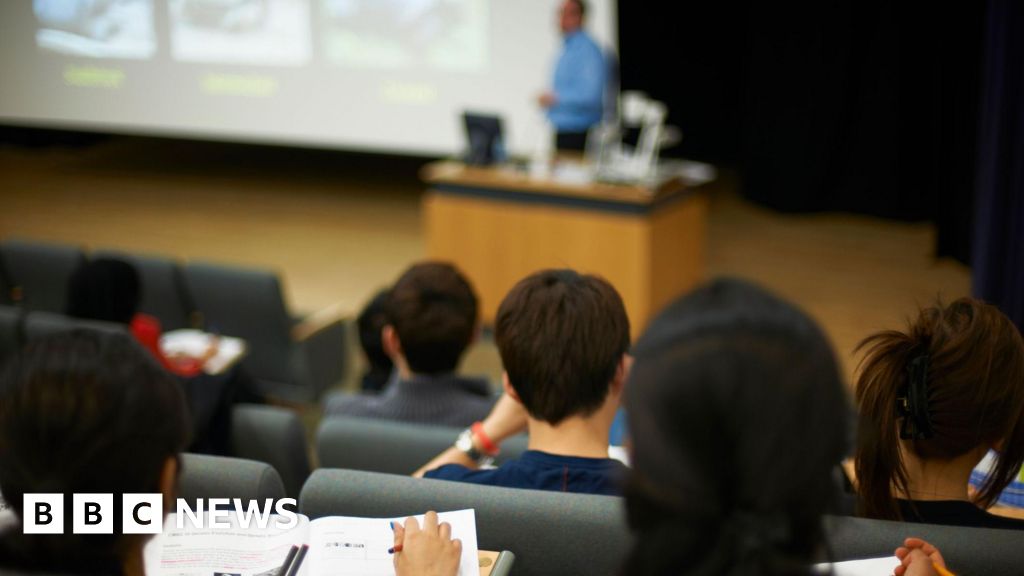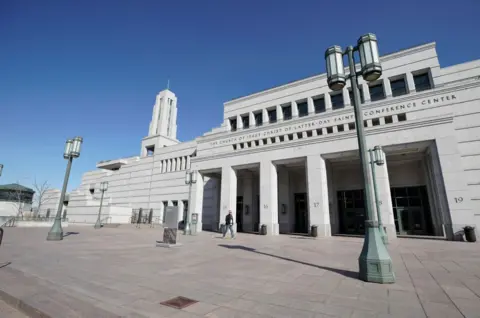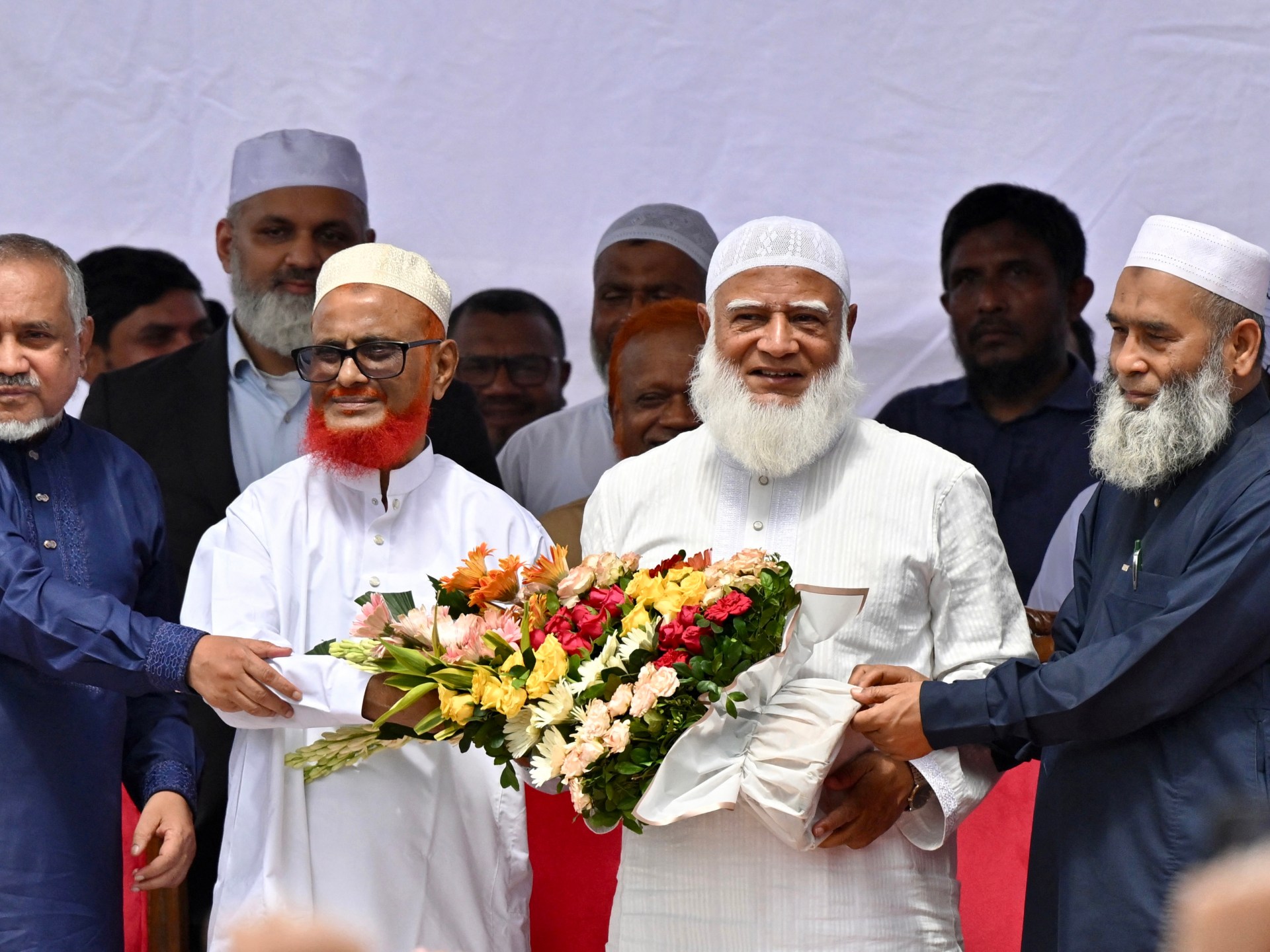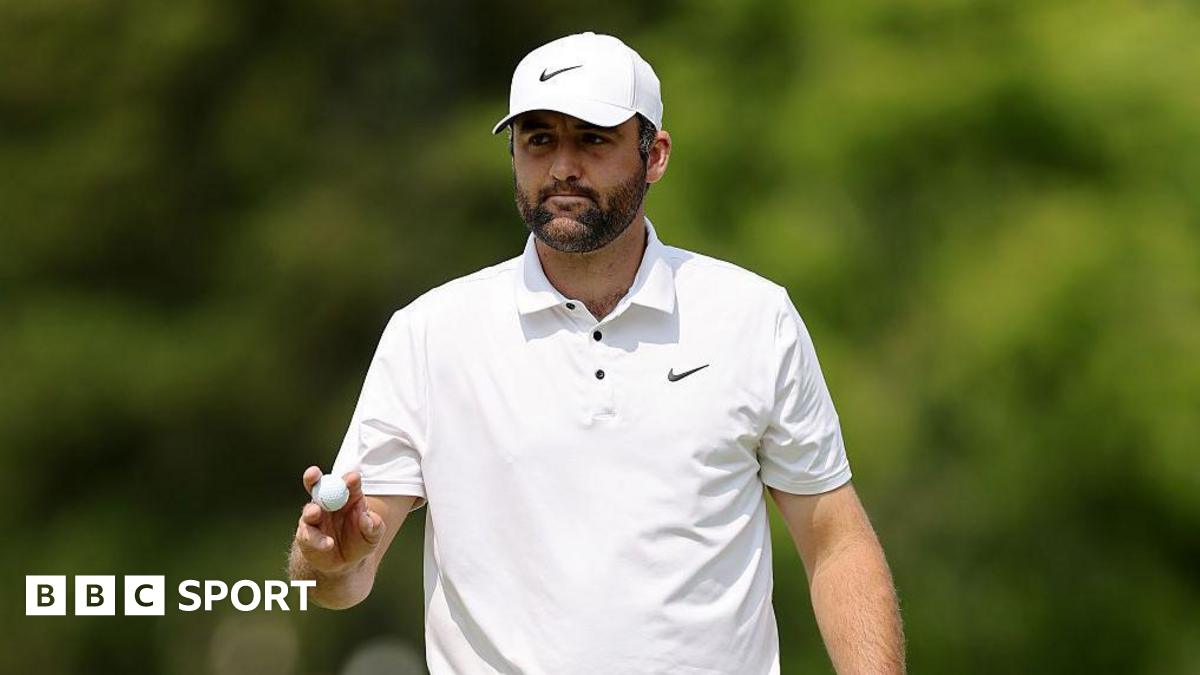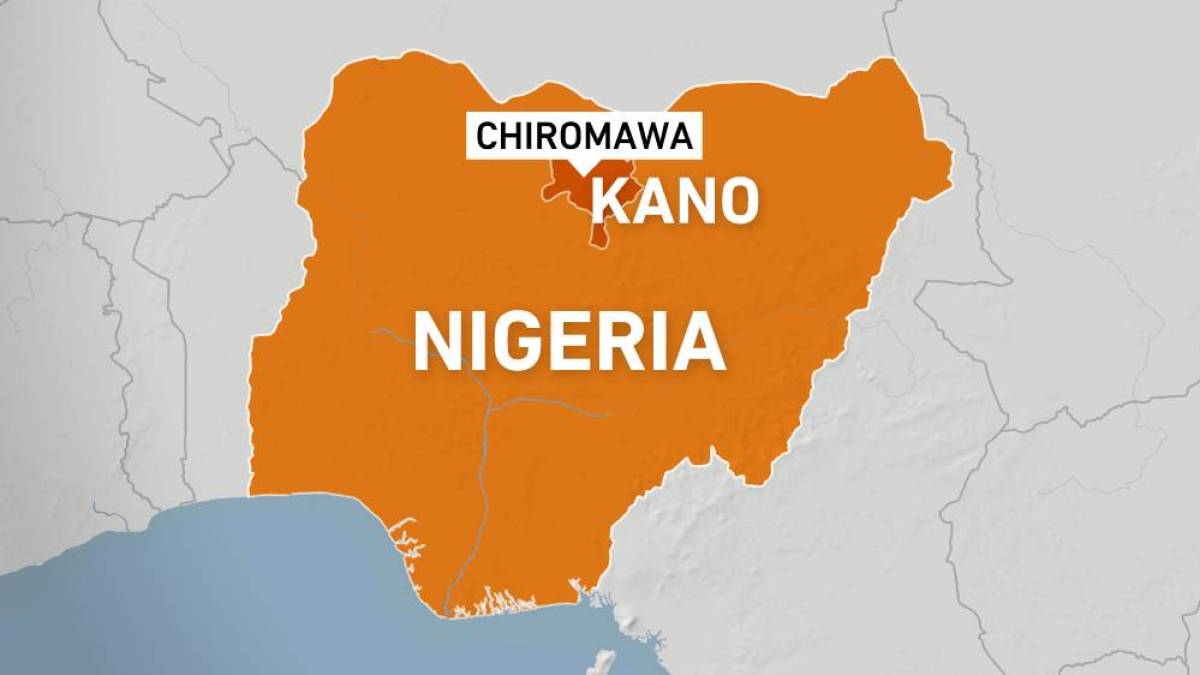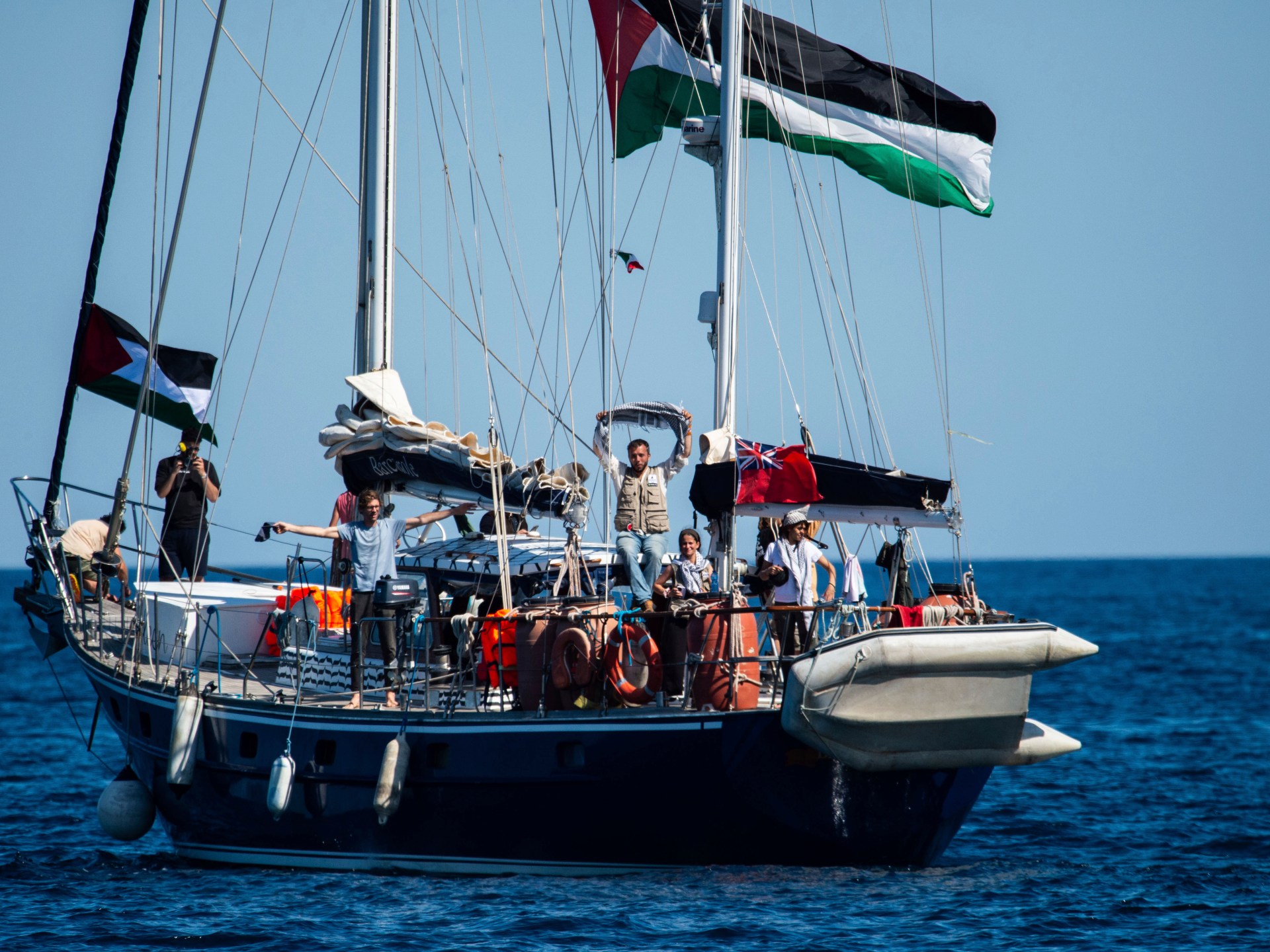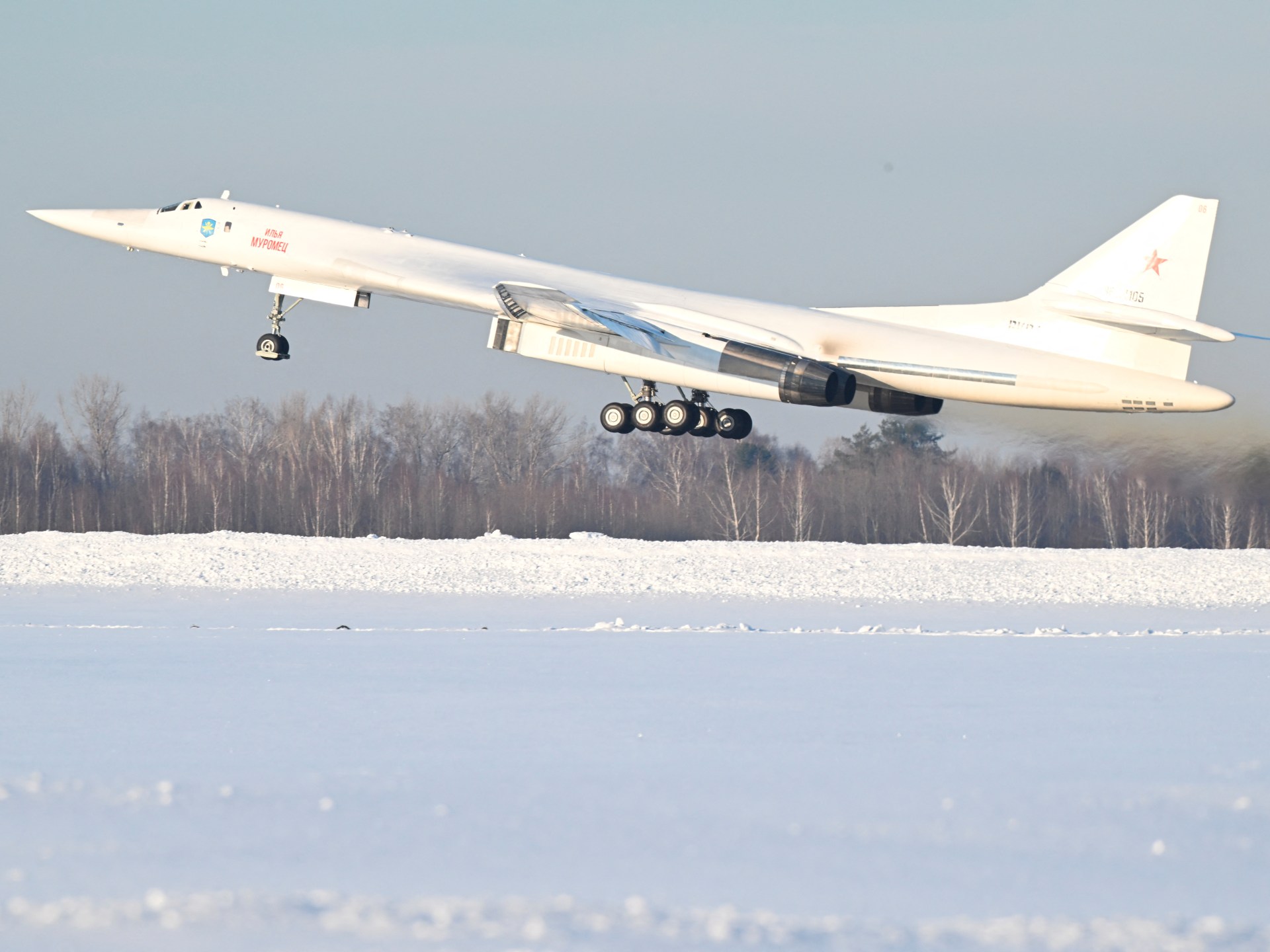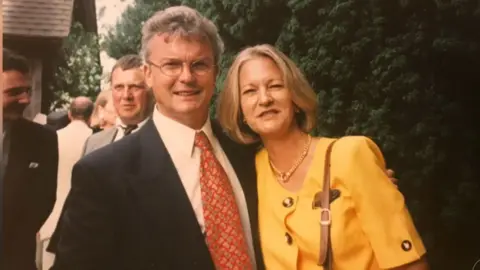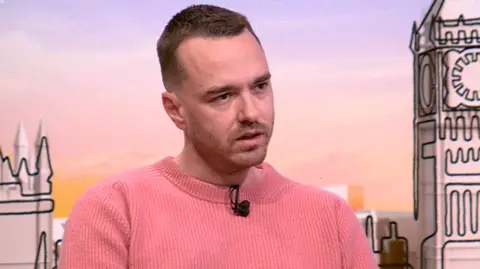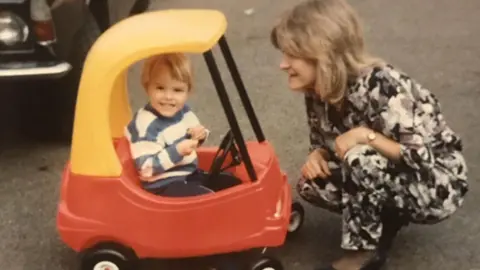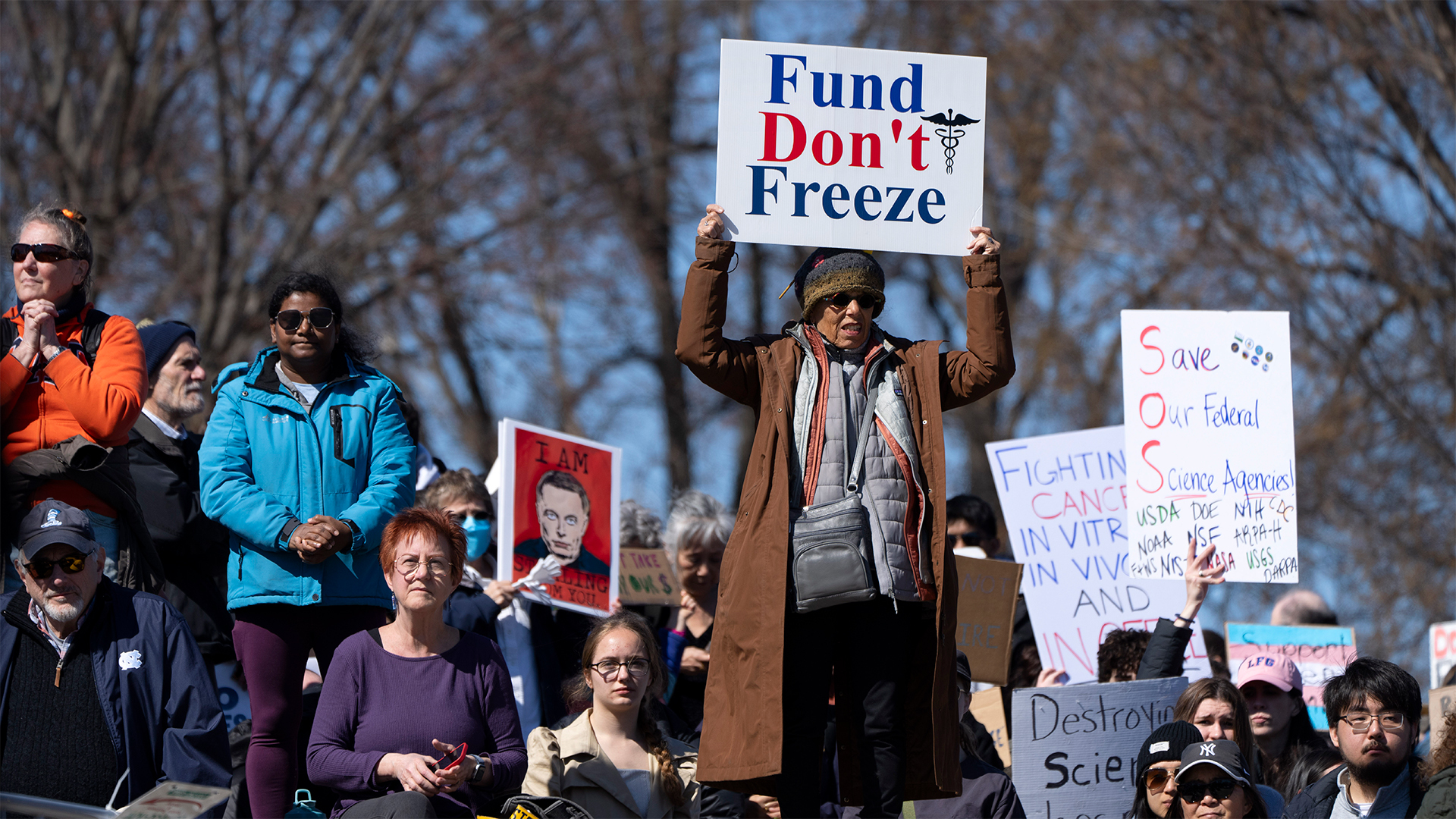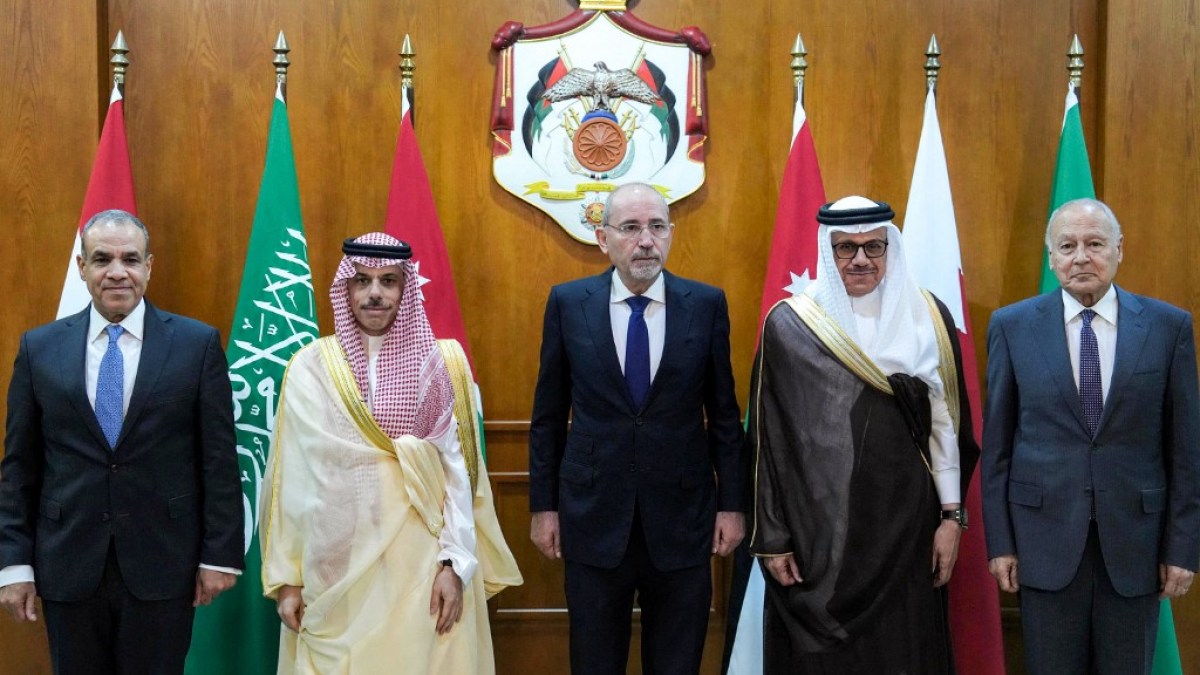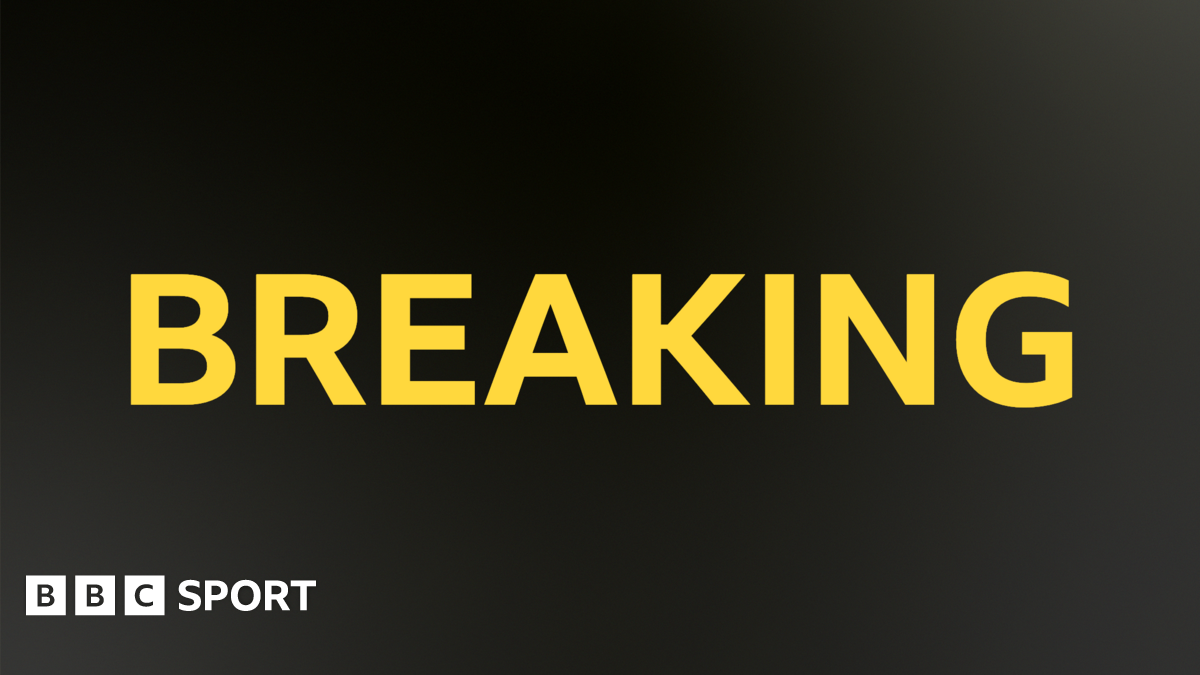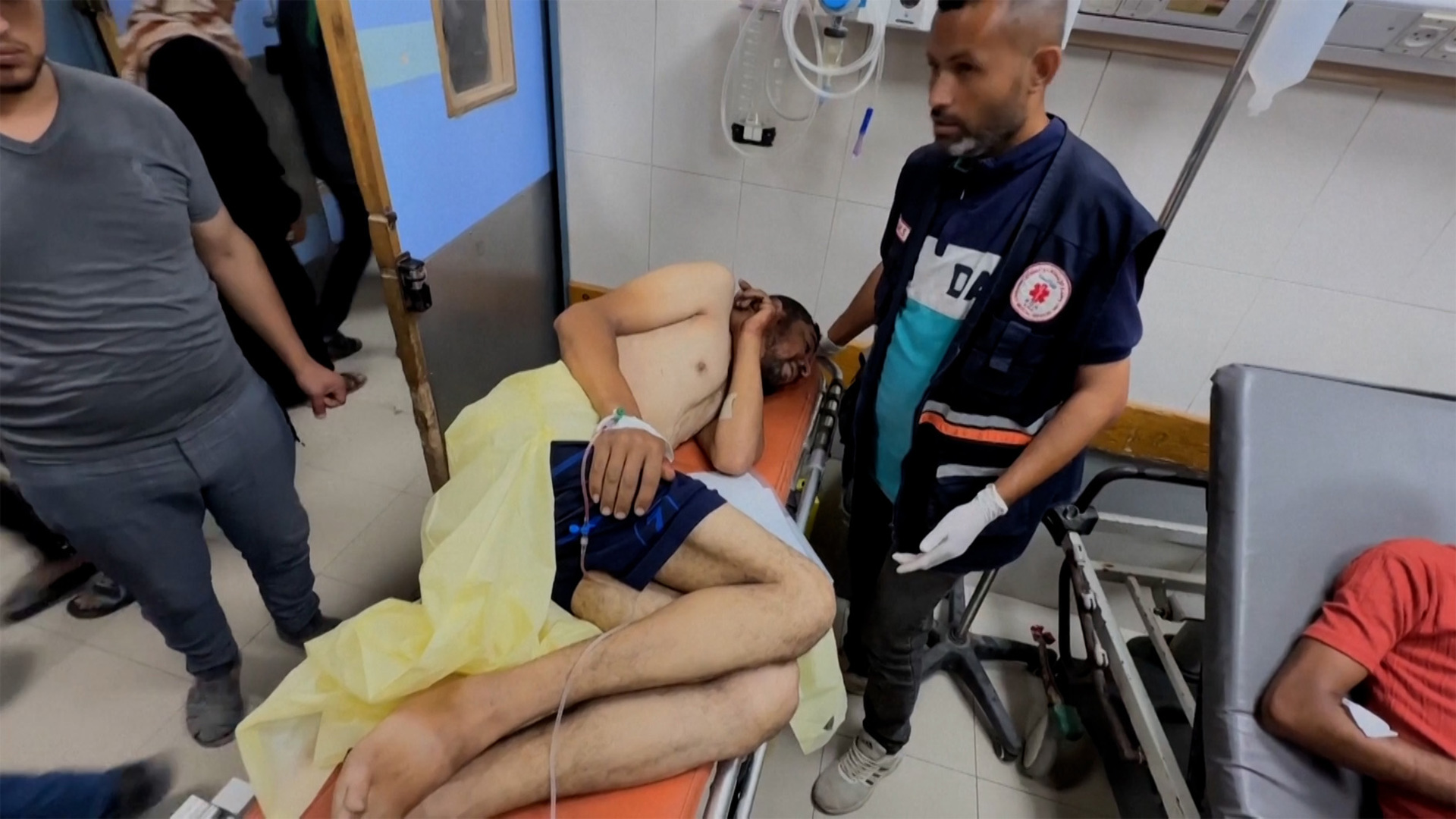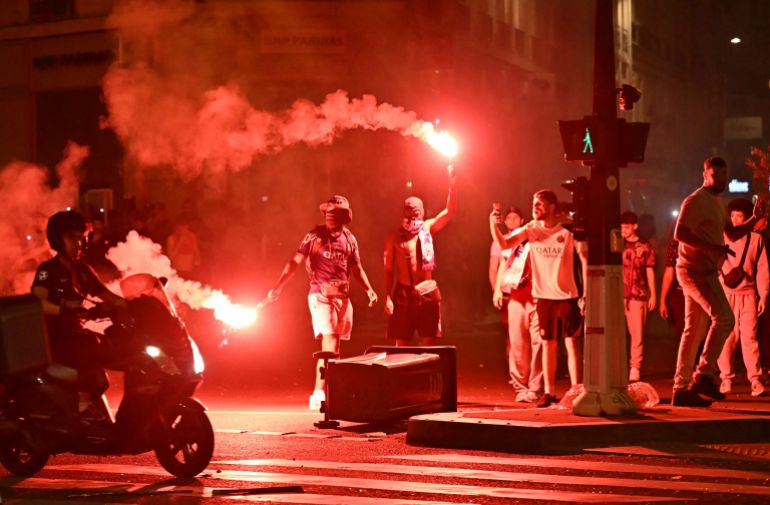Conservative historian Nawrocki wins presidential vote
Warsaw correspondent
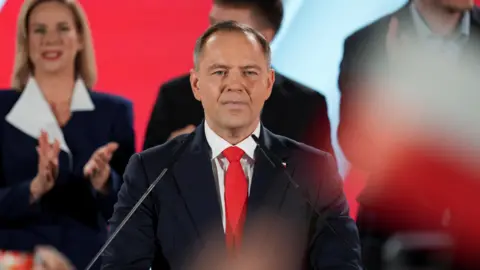 Reuters
ReutersWith all votes counted, right-wing historian Karol Nawrocki has been elected Poland’s new president, the state electoral commission (PKW) said.
PKW said Nawrocki won 50.9% percent of the votes – ahead of Warsaw’s liberal mayor Rafal Trzaskowski on 49.1% percent.
It’s a sensational turnaround from the result of the first exit poll – published immediately after voting ended at 21:00 local time (19:00 GMT) on Sunday – that showed Trzaskowski winning on 50.3% to Nawrocki’s 49.7%.
Trzaskowski had claimed victory after the first exit poll, while Nawrocki cautioned that the results were too close to call.
“We won, although the phrase ‘razor’s edge’ will forever enter the Polish language and politics,” Trzaskowski told his supporters.
His wife, Malgorzata, jokingly told the crowd, “I’m close to having a heart attack”.
Nawrocki, had said after the result of the first exit poll, “Let’s not lose hope for this night. We will win during the night, the difference is minimal. I believe that we will wake up tomorrow with President Karol Nawrocki.”
 Getty Images
Getty ImagesAs Poland’s new president, Nawrocki is likely to continue to use his presidential power of veto to block Polish Prime Minister Donald Tusk’s pro-EU programme.
The result is also likely also re-energise Nawrocki’s supporters, the national conservative Law and Justice (PiS) opposition, which lost power eighteen months ago, giving them renewed belief they will be able to defeat Tusk’s coalition in 2027 parliamentary elections.
Nawrocki supports traditional Catholic and family values and is a strong supporter of Polish sovereignty within the EU.
He backs continued support for Ukraine, but has said he does not want to see the country joining NATO and the EU during Russia’s ongoing aggression.
Poland’s president is a largely ceremonial role with limited influence on foreign policy and defence, but the president can veto legislation. Tusk’s pro-EU coalition government lacks a large enough parliamentary majority to overturn it.
The current conservative incumbent president, Andrzej Duda, has used his powers to prevent Prime Minister Tusk delivering key campaign promises, including removing political influence from the judiciary and liberalising the country’s strict abortion law.
Duda, who could not run for re-election having already served two consecutive terms, congratulated Nawrocki.
“It was a difficult, sometimes painful but incredibly courageous fight for Poland, for how the affairs of our homeland are to be conducted. Thank you for this heroic fight until the last minute of the campaign!” Duda said.
Both presidential candidates support continued assistance for neighbouring Ukraine, but they differ over their approach to the EU. Trzaskowski, a former Europe minister, supports Tusk’s vision of a Poland at the heart of the European mainstream, influencing decisions through strong relations with Germany and France.
Nawrocki, 42, supports a strong sovereign Poland and does not want the country to cede any more powers to Brussels. He opposes the EU’s climate and migration policies.
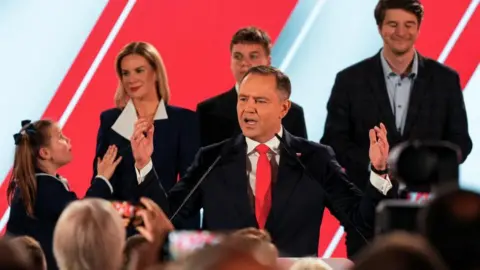 Getty Images
Getty ImagesHe was relatively unknown nationally before he was selected by opposition party PiS to be their “unofficial” candidate.
A keen amateur boxer and footballer, he often posts images of himself working out. PiS presented him as a strong candidate who would stand up for ordinary Poles and the country’s national interests.
A fan of President Donald Trump, he flew to Washington during the Polish election campaign for an extremely brief meeting – and to get a thumbs-up photo of himself with Trump in the Oval Office.

Get our flagship newsletter with all the headlines you need to start the day. Sign up here.


